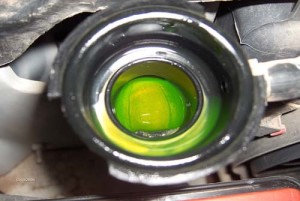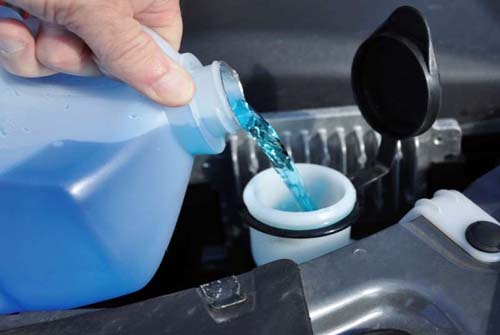Fluids in Your Car to Monitor
Many parts of your car jump out at you when they need to be replaced. Your tires, your brakes, your exhaust system, and your engine provide audible and visible clues that show you when there is a problem. Your vehicle maintenance, though, needs to include more than the solid parts of the car. You need to make sure you pay attention to the fluids that work as the life blood of your vehicle. Checking and replacing these over time helps keep your vehicle running smoothly and safely, and protects the moving parts so you can keep going safely and for longer.
Oil
Your oil lubricates your engine and keeps the parts running smoothly together. It also pulls heat from the engine components, and thus prevents the engine from overheating. If you let it go for too long without changing it, though, it gets dirtier and less efficient at both lubricating and cooling your engine. This can eventually lead to damage and large repairs that could easily have been avoided.
Generally speaking, you need to change your oil every three months or three thousand miles. In this case, the mileage is more important than the time; driving your car leads to carbon deposits and dirt accumulating in your oil. It eventually turns from light amber to darker brown or even black, and the level lowers as it gets dirtier. Regular oil changes are relatively inexpensive ways to keep your car going for years to come.
Antifreeze/Coolant
 In extreme temperatures, your vehicle can freeze up or overheat. Your radiator passes antifreeze/coolant through your engine block to prevent these problems, essentially by combining with water to lower the freezing point and raise the boiling point of that water. In doing so, it prevents your car from being damaged by extreme temperatures. At peak summer temperatures or the worst winter storms, this chemical reaction can save your car from the damage the elements can bring. Flushing your system twice a year and adding fresh antifreeze is essential to keeping the process working properly.
In extreme temperatures, your vehicle can freeze up or overheat. Your radiator passes antifreeze/coolant through your engine block to prevent these problems, essentially by combining with water to lower the freezing point and raise the boiling point of that water. In doing so, it prevents your car from being damaged by extreme temperatures. At peak summer temperatures or the worst winter storms, this chemical reaction can save your car from the damage the elements can bring. Flushing your system twice a year and adding fresh antifreeze is essential to keeping the process working properly.
Transmission Fluid
Finally, your transmission fluid is critical to helping your car change gears smoothly. It moves through the transmission to keep the parts lubricated and help you transfer power between the transmission and the engine. If you feel your gears slipping or grinding, or if you lose power when you change gears, you likely need to flush and replace your transmission fluid. Similarly, feeling your car delay and then surge when you shift or move an automatic transmission into drive likely indicates an issue with your transmission fluid. If you experience any of this, you should get your transmission checked and the fluid changed before larger problems can emerge.
The fluids inside your car help keep the parts working together properly. Dirty or overheated fluids quickly lead to large-scale problems and expensive repairs that could have been avoided. At McKinney Motor Company, we believe in helping you take care of your vehicle through regular maintenance. Call us today (505) 298-6734 to schedule an appointment and stay safely on the road.




